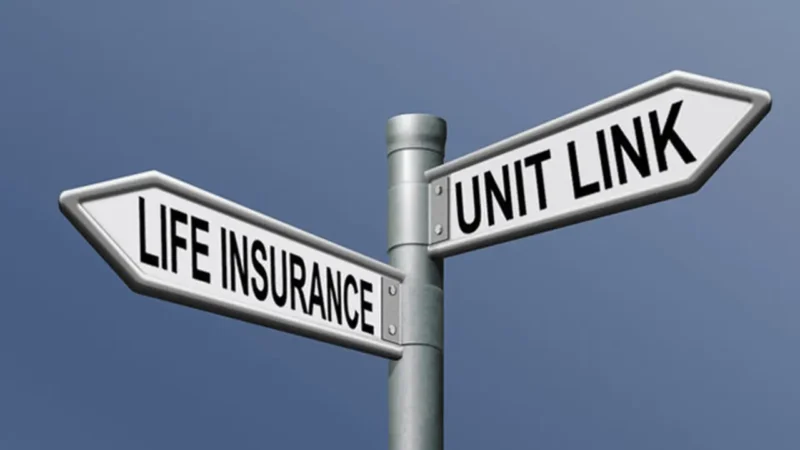Investasi adalah salah satu langkah penting dalam mengelola keuangan pribadi dan mempersiapkan masa depan yang lebih stabil secara finansial. Dalam artikel ini, kita akan menjelaskan mengapa investasi sangat penting dan bagaimana hal ini dapat membantu membangun kekayaan serta merencanakan masa depan yang lebih baik.
Pertumbuhan Kekayaan
- Peningkatan Nilai: Investasi memberikan kesempatan untuk mengalami pertumbuhan nilai aset Anda dari waktu ke waktu. Ini dapat terjadi melalui apresiasi nilai investasi seperti saham atau properti yang meningkat nilainya seiring berjalannya waktu.
- Pendapatan Pasif: Beberapa jenis investasi, seperti obligasi atau dividen saham. Investasi ini dapat menghasilkan pendapatan pasif yang berkelanjutan, memberikan sumber pendapatan tambahan di luar penghasilan rutin.
Proteksi dari Inflasi
- Mengatasi Inflasi: Inflasi adalah kenaikan umum harga barang dan jasa dari waktu ke waktu. Dengan berinvestasi, Anda dapat mengatasi dampak inflasi dengan memungkinkan nilai investasi Anda tumbuh lebih cepat daripada biaya hidup yang meningkat.
- Mempertahankan Daya Beli: Investasi membantu mempertahankan daya beli uang Anda. Sehingga Anda dapat membeli barang dan layanan yang sama di masa depan tanpa kehilangan nilai.
Persiapan Pensiun
- Dana Pensiun: Investasi adalah kunci untuk mempersiapkan dana pensiun yang mencukupi di masa depan. Melalui investasi jangka panjang, Anda dapat membangun portofolio yang memberikan pendapatan yang stabil setelah Anda pensiun.
- Kemandirian Finansial: Dengan investasi yang tepat, Anda dapat mencapai kemandirian finansial di masa pensiun dan menikmati gaya hidup yang diinginkan tanpa harus bergantung sepenuhnya pada pendapatan pensiun atau sosial.
Merencanakan Masa Depan
- Pendidikan Anak: Investasi dapat digunakan untuk merencanakan pendidikan anak Anda. Investasi memastikan bahwa mereka mendapat akses ke pendidikan yang berkualitas tanpa harus khawatir akan biaya pendidikan yang tinggi.
- Tujuan Keuangan: Investasi membantu Anda mencapai tujuan keuangan jangka panjang, seperti membeli rumah impian, melakukan perjalanan keliling dunia, atau memulai bisnis.
Pengelolaan Risiko
- Diversifikasi Portofolio: Investasi memungkinkan Anda untuk mendiversifikasi portofolio Anda, mengurangi risiko dan meningkatkan potensi pengembalian. Dengan memiliki beragam investasi, Anda dapat melindungi portofolio Anda dari fluktuasi pasar yang ekstrem.
- Jaminan Masa Depan: Investasi yang baik dapat memberikan jaminan finansial untuk mengatasi kejadian tak terduga, seperti kehilangan pekerjaan atau kebutuhan medis mendesak.
Kesimpulan
Itulah penjelasan mengapa investasi adalah langkah penting dalam membangun kekayaan. Investasi melindungi nilai uang dari inflasi, mempersiapkan masa pensiun yang nyaman, dan merencanakan masa depan finansial yang lebih baik. Dengan pemahaman yang baik tentang jenis-jenis investasi, tujuan keuangan pribadi, dan toleransi risiko, Anda dapat mengembangkan strategi investasi yang tepat untuk mencapai tujuan keuangan Anda dengan lebih efektif.


